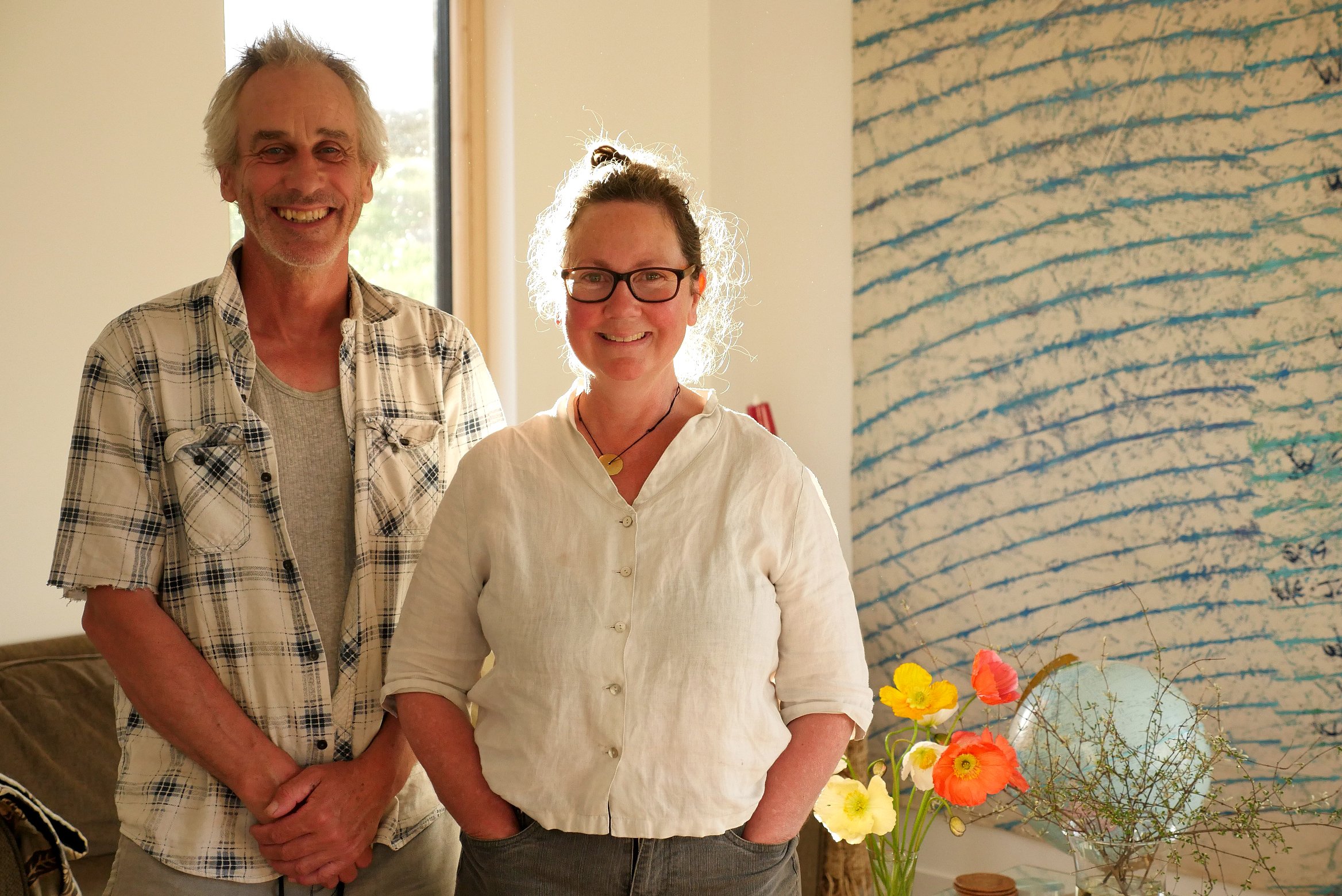Super insulated transportable home a Southland first
In a Southland first, an Invercargill building company has built a transportable, prefabricated home made from structurally insulated panels (SIPs).
Exceed Homes have a knack for doing things “first”, especially when it comes to transportable homes – an area of building in which they specialise. Last year, the company delivered the first South Island home funded by the innovative Westpac Prebuilt home loan initiative.
Now, Exceed Homes owners Jade McNamara and Sarah Bohm have done it again, building a prefabricated home from the highly insulated panels, able to withstand extreme temperatures in the most remote parts of the country.
SIPs are two sheets of ply or OS board with an extruded foam between them. They use framing, but significantly less than traditional framing for home builds. Because of the foam, SIPs have a much higher insulation rating because there are fewer thermal breaks leading to less heat escaping.
Already popular overseas, especially in Europe, SIP panels have been available in New Zealand for some time, but are gradually growing in popularity.
Jade likens the popularity to how double glazing has come to be the standard.
“20 years ago, it was this expensive thing that only some people could afford, but as its benefits become proven and more providers popped up, it brought down the cost to where it’s more affordable,” he said.
“I see SIPs going that way; more people are asking for them and I’d say it’s going to be a basic economy of scale in the coming years bringing the cost down.”
With the help of Exceed Homes’ dedicated team, the company is bringing the SIP method south to its ever-growing transportable home builds.
When clients Andrea Bosshard and Shane Loader wanted to build a sustainable, off-the-grid small home, it was their architectural designer Guy Shaw who suggested SIPs. It’s believed their transportable SIP home is the first one delivered from a Southland building company.
Andrea and Shane live near Middlemarch, a small rural town an hour from Dunedin. Because of their slightly remote location, it became clear a transportable home would be needed in order to make the most of the building time.
“If we’d had builders on-site an eight-hour workday would have turned into six, to allow for that travel time and that option just didn’t work for us,” Andrea said.
After being put in touch with Exceed Homes, Jade took on the challenge of building this “high performance” house. The most important feature during the construction was to create a thermally sealed building envelope resulting in increased energy efficiency and comfort.
Built in Invercargill and delivered to Andrea and Shane in mid-June, their SIPs home was super sealed – no drafts, leakage or loss of energy.
“No matter what the temperature is outside, it’s always between 18°C and 22°C in the house,” Andrea said.
With their home now on-site, Andrea said the process of working with Exceed Homes has been one of transparent and open communication with incredible care taken in the construction.
“There was real pride in their work; we’ve had a small home built but every part of it feels generous.”
Making the use SIPs the norm within New Zealand building practices was something Jade hoped wouldn’t be too far away.
If conditions under building and council regulations could be improved and a New Zealand safety standard established for SIPs, Jade felt it could be a gamechanger for the housing industry.
Not only could houses be built more quickly and efficiently, there would be a natural home for SIP panels to help alleviate the stresses of the housing crisis, he said.
“These are warm and dry homes, built with proper heat exchangers and air conditioners because they’re so well sealed.”
Creating a specific safety standard for SIPs could see builds come together in less time than traditional builds, and would bring the cost of construction down.
Despite industry rumour and falsely-held beliefs, transportable homes are structurally robust, built to code and are good options for any kind of residential build – no matter if the neighbourhood is urban or 100 kilometres from the nearest town.
“Some people seem to think prefab transportables are built cheaply or are of lesser quality, which just isn’t the case,” Jade said.
“The fact that they’re built off-site actually means they’re more robust and structurally sound because they’re constructed to withstand the stresses of the moving process.”
Exceed Homes clients Shane Loader and Andrea Bosshard, who had their home built with SIP panels to withstand the elemental conditions of living rurally, near Middlemarch.
PHOTO CREDIT: Andrea Bosshard and Shane Loader
Shane and Andrea’s House en route to its final destination.
PHOTO CREDIT: Andrea Bosshard and Shane Loader


